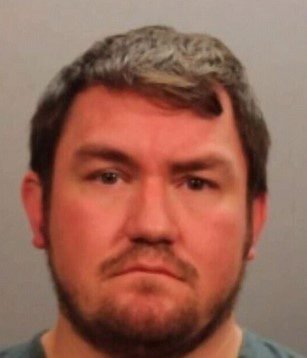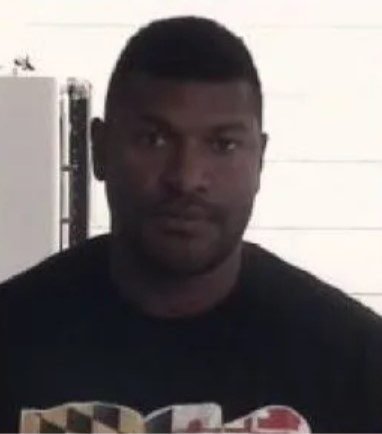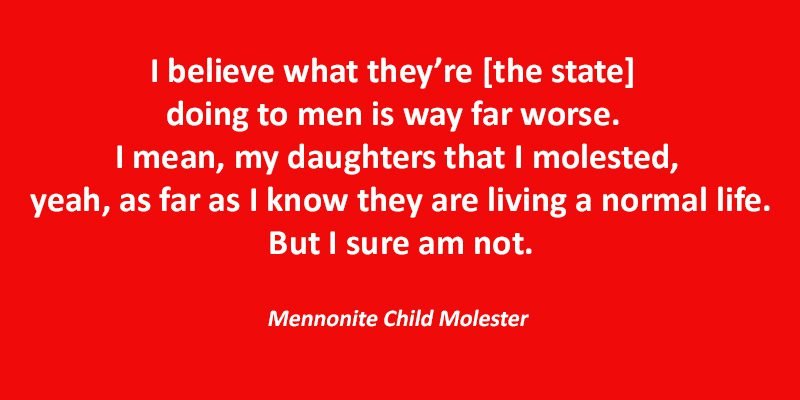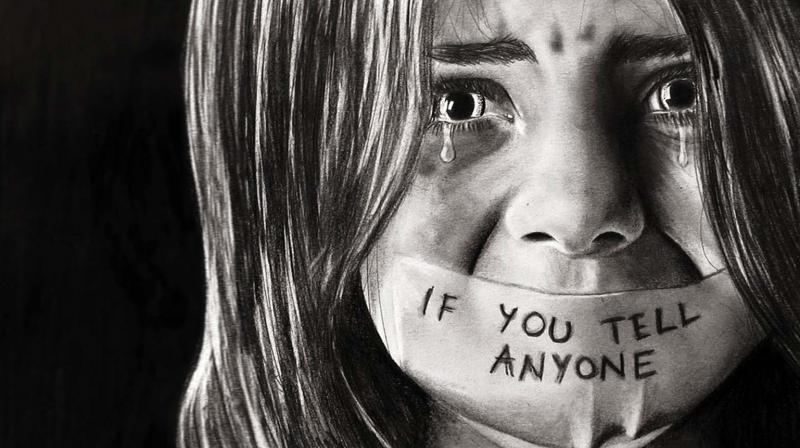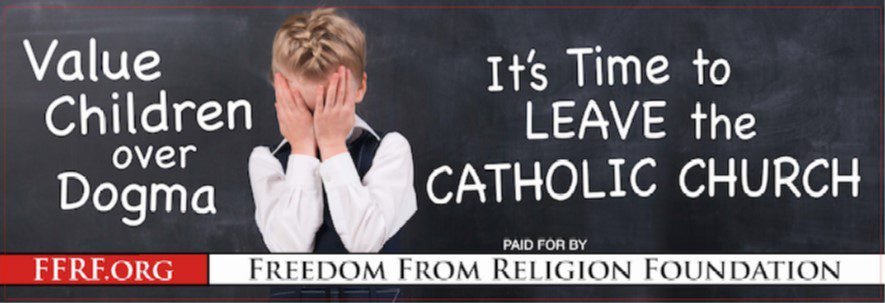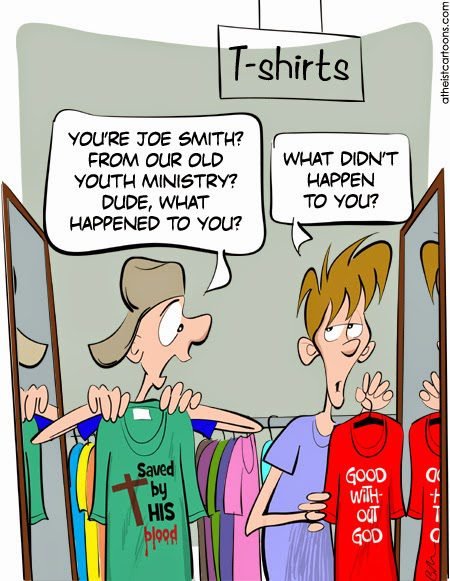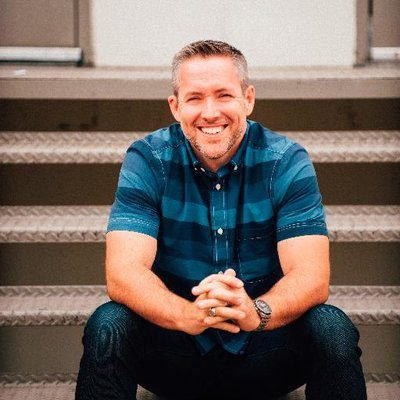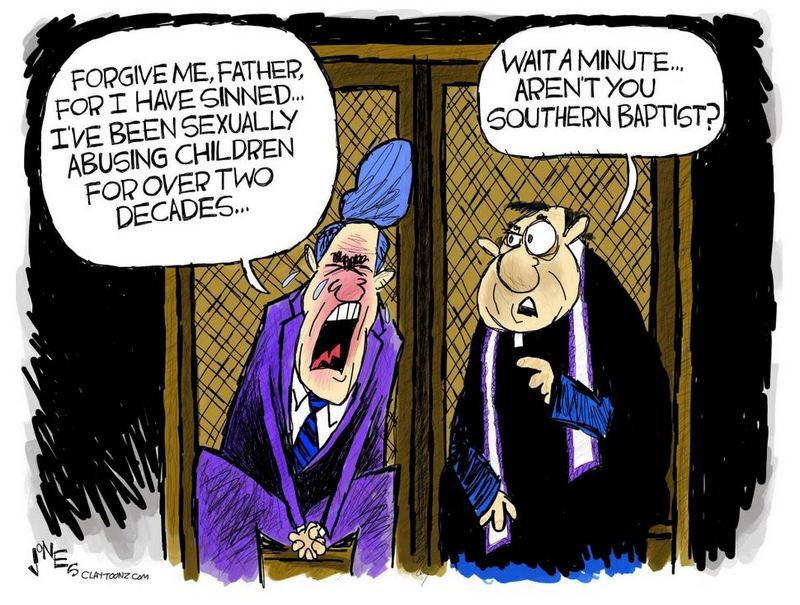
Greg Davidson, pastor of Trinity Baptist Church in Vacaville, California, has a sheltered, out-of-touch view of his beloved Southern Baptist Convention (SBC).
Writing for SBC Voices, Davidson stated:
I love Southern Baptists. They are some of the most compassionate, forgiving, and understanding people on the face of the earth. I love the fact that there are so many that hate injustice. I like others have felt the cruel tentacles of injustice.
….
I believe it is encouraging that an overwhelming number of messengers stood against discrimination and abuse in our convention.
What does that mean going forward?
We need to unite around the fact, that whether we are supporters of Randy Adams, Al Mohler, Ed Litton, or Mike Stone, the overwhelming number of us agree on the major issues expressed by a total disdain for abuse, discrimination, and injustice as the Bible demands.
We also need to realize that we all can bring different significant contributions to this conversation that will help us to develop better solutions.
The overwhelming number of us agreed that we do not want fine, godly, and good people to be divided by godless worldly philosophies that are designed to divide us, but to be united instead around the truth of the inerrancy and sufficiency of the Word of God.
To realize that since the convention overwhelmingly voted for the truth to be discovered concerning the Executive Committee’s actions on abuse, it can logically be concluded that all sides want the truth to be known. Yet knowing that the vote for president was separated by less than 600 votes, there is clearly a difference of opinion about what the truth is. For the sake of unity let us not jump to conclusions and let the process work.
This is a moment when the best that is within can emerge, and we as Christian statesmen can rise above the bickering partisanship, and instead be used of God to heal the wounds and fractures in our convention with kindness, grace, and understanding. God bless us as we experience, by His grace, our finest hour as the people of God known as Southern Baptists.
Speaking of Southern Baptists as a whole, Davidson glowingly and effusively says:
They are some of the most compassionate, forgiving, and understanding people on the face of the earth. I love the fact that there are so many that hate injustice. I like others have felt the cruel tentacles of injustice.
While Davidson may sincerely believe this (I don’t personally know him), to those of us outside of the SBC, Southern Baptists are anything but “compassionate, forgiving, and understanding people [who] hate injustice.” Take the latest national convention, a time when Southern Baptists get together to argue, pass resolutions, and pretend that their denomination is not in numerical and moral free fall. What did we learn from the latest convention?
- Southern Baptist love talking about sexual abuse, but don’t plan on doing anything meaningful to put an end to predators roaming the halls, sanctuaries, restrooms, and offices of their churches. Resolutions accomplish nothing. How about a national searchable database of pastors and other church leaders accused/convicted of sex crimes? How about excommunicating churches that hire or continue to employ pastors who have been accused/convicted of sex crimes? How about requiring annual comprehensive background checks on all pastors, church workers, and anyone who will come in contact with children? How about firing the executive board members who have protected criminals and covered up sex crimes? Nope, nope, nope on all of these things, yet we are expected to believe that Southern Baptists are really, really, really serious about sexual abuse THIS time.
- Southern Baptists made it clear that they are opposed to teaching critical race theory (CRT). In doing so, it is hard to not conclude that Southern Baptists remain true to their racist roots.
- Women will continue to be treated as second-class citizens.
Let me share with Pastor Davidson how Southern Baptists are viewed by outsiders:
- Southern Baptists are anti-science
- Southern Baptists are anti-abortion
- Southern Baptists are anti-LGBTQ, anti-same-sex marriage
- Southern Baptists are exclusivists, believing their sect’s doctrinal beliefs are the faith once delivered to the saints
- Southern Baptists are culture warriors
- Southern Baptists overwhelmingly voted for Donald Trump, a godless, immoral man who caused great harm to our country
- Southern Baptists hate atheists, humanists, and secularists (and Muslims, Catholics, Buddhists, and LGBTQ people)
- Southern Baptists promote social policies that impede progress
- Southern Baptists pine for the 1950s, the golden era of American life (gays were closeted, women stayed in the kitchen, and blacks knew their place)
- Southern Baptists view their unbelieving neighbors strictly as targets for evangelization
Evangelicalism, of which the Southern Baptist Convention is a part, is the most hated sect in America. I have deliberately painted with a broad brush in this post. I know (so you don’t need to tell me) that what I write above doesn’t apply to all Southern Baptists everywhere. That said, the picture I painted accurately portrays how Outsiders view Southern Baptists (and Baptists in general). If Southern Baptists want to change how outsiders view them, they must change their beliefs and practices — and that ain’t going to happen. Fundamentalists control the denomination. It’s improbable that the Baptist Faith and Message will be revised, nor is there a chance in Heaven that conservatives will willingly relinquish their stranglehold on SBC boards, colleges, and institutions.
Davidson presents himself as a voice of reason, but he gives away his hand when he says:
The overwhelming number of us agreed that we do not want fine, godly, and good people to be divided by godless worldly philosophies that are designed to divide us, but to be united instead around the truth of the inerrancy and sufficiency of the Word of God.
Am I the only one who smells a Fundamentalist? Godless worldly philosophies? United around the truth of the inerrancy of the Bible? Davidson sounds like a Fundamentalist culture warrior. What next? Telling us that the earth is 6,023 years old? Believing that Bible is in any way “inerrant” ( an indefensible, irrational belief) allows Southern Baptists to continue to live in the dark ages. For all I know, Davidson may be a great guy, but his view of the SBC is out of touch with how things really are.
I am sure SBC faithful will view me as an ill-informed atheist. But marginalizing and dismissing people who are critical of the denomination only further serves to hasten their demise. Unless Southern Baptists recognize how out of touch they are with our culture and make the necessary course corrections, numerical and financial decline is sure to continue. While the SBC says it has 14 million members, over half of those card-carrying Southern Baptists are nowhere to be found on Sunday mornings. Baptismals are empty, used to store Christmas decorations. Older members are dying off and younger adults are fleeing in droves. These are facts, and thirty years from now, Fundamentalists will still be passing resolutions at the national convention, wondering what happened to their denomination. It’s too bad I won’t be around to tell Southern Baptists I told you so.
For the record: I attended several Southern Baptist churches as a child. I pastored a Southern Baptist church in Michigan, candidated at several Southern Baptist churches in West Virginia, and visited with my family a goodly number of Southern Baptist churches in Ohio, Michigan, Arizona, and California. Since deconverting in 2008, I have interacted with scores of ex-Southern Baptists (including pastors, evangelists, missionaries, and youth directors).
Bruce Gerencser, 68, lives in rural Northwest Ohio with his wife of 47 years. He and his wife have six grown children and sixteen grandchildren. Bruce pastored Evangelical churches for twenty-five years in Ohio, Texas, and Michigan. Bruce left the ministry in 2005, and in 2008 he left Christianity. Bruce is now a humanist and an atheist.
Your comments are welcome and appreciated. All first-time comments are moderated. Please read the commenting rules before commenting.
You can email Bruce via the Contact Form.


